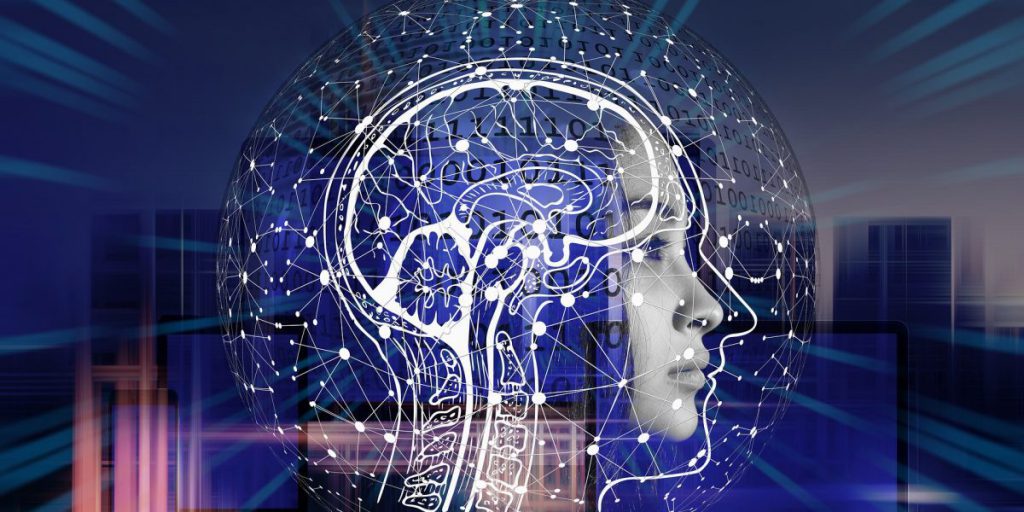- The biggest concern for U.S consumers with Web2 is their rights and freedoms being threatened by the Internet, with privacy and online ads following.
- Despite these concerns, only 13 percent are aware of Web3 and how it could change the Internet, with over half the respondents having bought crypto at some time.
U.S consumers are dissatisfied with the current state of the Internet, now known as Web2, a survey has found. According to the survey, the biggest concerns revolve around privacy, invasion of their rights and freedoms and annoying online ads. All these are challenges that Web3 can solve, but as the survey found, only 13 percent of U.S residents are aware of this new iteration of the Internet.
54 percent of the 1,500 respondents said that they were concerned that technology was being used to invade their rights and freedoms. This was followed by a lack of privacy at 44 percent, with 38 percent being unhappy about online ads (which can be very annoying). 35 percent of the respondents also reported feeling a lack of ownership of their own data.
All these are challenges that Web 3.0, or Web3, can solve. This decentralized version of the Internet focuses on giving users more control over their data and takes away from the monopolistic power that tech giants like Google and Facebook have wielded over the past two decades.
Related: Top talent is leaving Facebook, Amazon, Google for Web3 and crypto
However, as the report found, U.S consumers are not aware of Web3. Only 13 percent are aware of this iteration of the Internet. For those that do, a majority believe that it will improve their lives. They also have concerns over Web3, with 33 percent saying they worry about cybercrime and the rise of scams.
Commenting on the study, Marlon Cumberbatch, the senior vice president at National Research Group, which conducted the survey, stated, “To me, the most unexpected finding from this research was just how many consumers felt a strong sense of a lack of agency in online spaces. It’s rare, in this increasingly polarized world, to find anything that unites all of us.”
Marlon was referring to a finding that most Americans believe that it’s the tech giants who have the responsibility of sanitizing the Internet, not the government.
He added:
But it seems that Americans, regardless of income, politics or race, feel strongly that they don’t have enough control over how they engage with content online and how corporations use their personal data.


